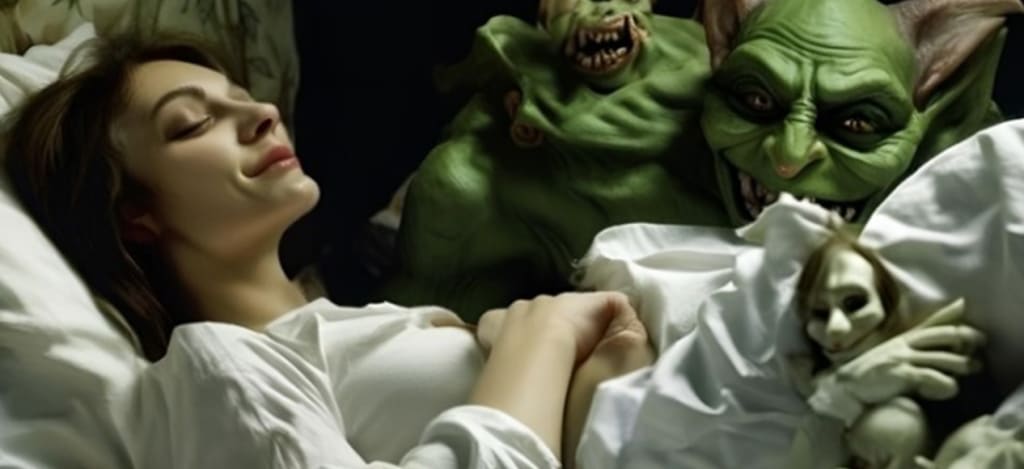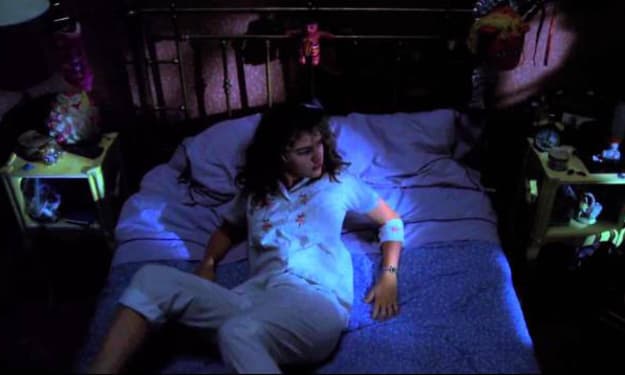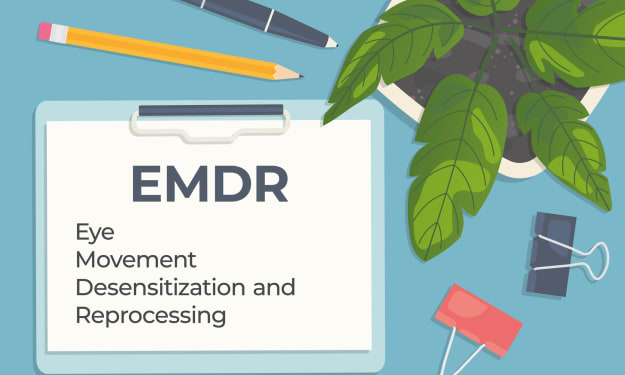
During episodes of sleep paralysis, people may have a variety of vivid and often scary hallucinations, such as seeing entities or figures in their surroundings. These hallucinations can feel extremely real and may be accompanied by a sensation of pressure on the chest, difficulty breathing, and a feeling of being unable to move.
Generally, sleep paralysis occurs when there is a significant difference between alertness and muscle tension in the body. Essentially, a person is awake and aware but unable to move or speak. During this phenomenon, the individual may appear awake but very still. People who experience sleep paralysis often report difficulty breathing due to a heavy chest and feelings of panic and fear. As you can imagine, this is usually an unpleasant experience. Sleep paralysis has fascinated many people for years, with some attributing it to demons, spirits, or even alien abductions. It mostly affects adults and often begins in the teenage years, continuing into later life. It is particularly noted in individuals with increasingly stressful and sleep-deprived lifestyles. Sleep paralysis occurs when the brain wakes up before the muscles. Waking up paralyzed but mentally alert means that the brain is awake before the rest of the body. During sleep, our brains use neurotransmitters to inhibit our muscles, preventing us from acting out our dreams and potentially harming ourselves or others. Normally, the brain wakes up and activates the muscles simultaneously. However, during sleep paralysis, it's as if the brain forgets to turn on the muscle switch. Sleep paralysis is more likely to happen closer to morning. Unfortunately, mornings are already challenging enough. The susceptibility to sleep paralysis episodes increases as we approach waking up in the morning. During these hours, it is easier to transition into mental alertness while the body is still in the deep stages of sleep. This is because deep sleep is more persistent closer to the morning, resulting in a higher likelihood of experiencing sleep paralysis.
There are several factors that can contribute to the phenomenon of seeing similar entities during sleep paralysis:
1. Stress and Anxiety
Stress, anxiety, and other emotional factors can influence the content of hallucinations during sleep paralysis. Common fears or anxieties may manifest as threatening figures or entities during these episodes.
2. Neurological Factors
The brain is in a unique state during sleep paralysis, where elements of both sleep and wakefulness coexist. This can result in the brain generating vivid and often surreal images, including the perception of entities.
3. Cultural Influences:
Cultural beliefs and folklore can have a significant impact on the content of hallucinations experienced during sleep paralysis. Different cultures may have common themes or archetypes that appear as entities during these episodes.
4. Shared Experiences
The sharing of stories and experiences of sleep paralysis in popular culture, online forums, and media may contribute to a collective understanding of what to expect during these episodes. This shared knowledge could influence the types of entities that individuals report seeing.
5. Sensory Deprivation
Sensory deprivation or perceptual isolation is the deliberate reduction or removal of stimulation from one or more of the senses. During sleep paralysis, individuals may feel a sense of sensory deprivation, where they are unable to move or speak. This altered state of consciousness can make people more susceptible to hallucinations.
It's crucial to understand that even though the sensations during sleep paralysis may seem incredibly lifelike, they are actually just hallucinations and may not be related to any real external factors. If someone is having frequent episodes of sleep paralysis that are causing them distress or greatly affecting their daily life, it could be beneficial for them to seek advice and support from a healthcare professional.





Comments
There are no comments for this story
Be the first to respond and start the conversation.